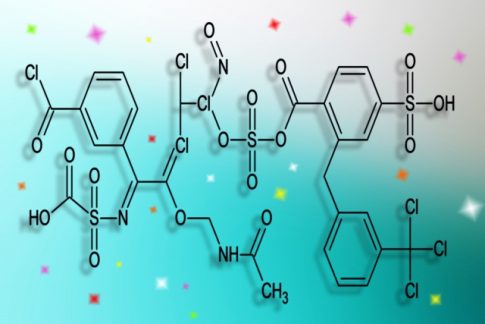Introduction
AGA (androgenetic alopecia) is a problem that many men face, but research shows that environmental factors also play a role in its onset and progression. In particular, environmental pollution such as air pollution and water pollution can worsen the progression of AGA. This article provides a detailed explanation of the impact of environmental pollution on AGA and countermeasures.
Impact of air pollution on AGA
1. Types of air pollution
There are many types of air pollution, but the following substances particularly affect AGA:
Particulate matter (PM2.5, PM10): Microscopic particles can adhere to the scalp and have a negative impact on hair follicles.
Harmful gases (NOx, SOx, CO): These gases found in car and factory exhaust can harm the health of your scalp.
Heavy metals (lead, cadmium): Heavy metals in the atmosphere can be absorbed by the scalp and inhibit hair growth.
2. Impact of air pollution
Increased oxidative stress: Air pollutants increase oxidative stress on the scalp, reducing hair follicle function. This can inhibit hair growth and lead to hair loss.
Causes inflammation: Air pollutants that land on your scalp can cause inflammation. Scalp inflammation inhibits healthy hair growth.
Poor blood circulation: Air pollution has a negative effect on blood vessels and can worsen blood circulation to the scalp. This prevents the hair follicles from receiving enough nutrients and inhibits hair growth.
Impact of water pollution on AGA
1. Types of water pollution
Although there are various causes of water pollution, the main factors that affect AGA are:
Heavy metals (lead, mercury, arsenic): Heavy metals found in contaminated water can inhibit healthy hair growth when absorbed into the scalp.
Organic compounds (pesticides, herbicides): Chemicals used in agriculture can enter water sources and harm the scalp.
Microbial contamination (bacteria, viruses): Contact of contaminated water with the scalp can cause infection and inflammation.
2. Impact of water pollution
Toxin accumulation: Heavy metals and organic compounds accumulate on the scalp, reducing hair follicle function and inhibiting hair growth.
Risk of infection: Microbial contamination impairs the health of your scalp and increases the risk of developing infections. This prevents healthy hair growth.
Causes inflammation: When harmful substances adhere to the scalp, it causes inflammation and reduces the function of hair follicles.
Measures against environmental pollution
1. Scalp protection
Wear a hat or scarf: Wear a hat or scarf when going out to protect your scalp from air pollution.
How often to wash your hair: To prevent air pollutants from adhering to your scalp, wash your hair frequently to keep your scalp clean.
2. Improving water quality
Use a water purifier: Using a water purifier for your shower and hair washing water at home will remove heavy metals and harmful substances and keep your scalp healthy.
Use bottled water: In addition to drinking water, consider using high-quality bottled water to wash your hair.
3. Improving lifestyle habits
Eating antioxidants: Eating a diet containing antioxidants such as vitamin C, vitamin E, and zinc will reduce oxidative stress and keep your hair healthy.
Balanced diet: Eat a nutritionally balanced diet to ensure you are getting enough of the nutrients your hair needs to stay healthy.
4. Consultation with a specialist
Regular check-ups: It is important to see a specialist to check the progress of AGA and the health of your scalp, and to receive appropriate treatment and countermeasures.
Personalized advice: Get personalized advice from a specialist and take steps to combat air and water pollution.
Summary
The progression of AGA involves not only internal factors such as genetics and hormonal balance, but also external factors such as air pollution and water pollution. By taking measures against these environmental pollutions, it is possible to maintain the health of the scalp and slow down the progression of AGA. Maintain healthy hair by practicing appropriate lifestyle habits and receiving advice from a specialist to prevent environmental pollution.
We hope that many men suffering from AGA will be freed from the problem of thinning hair and regain their confidence by taking measures to prevent environmental pollution. Take the first step towards minimizing the effects of environmental pollution and practicing effective AGA treatment.










